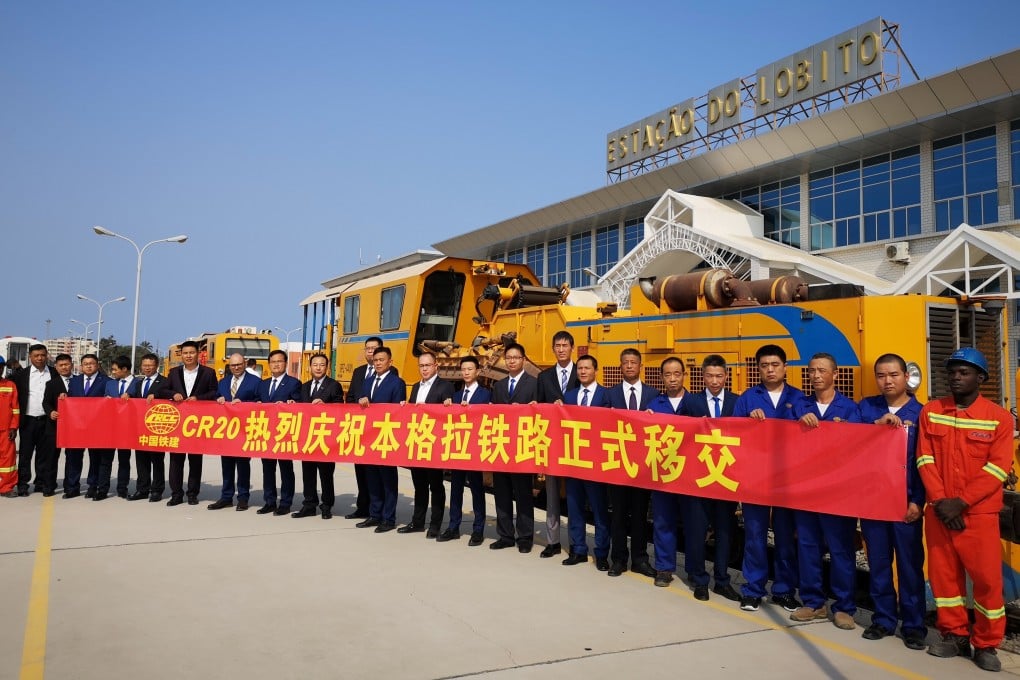Debt-laden Angola gets relief from creditor nations of the Paris Club under G20 plan
- The southern African nation is also seeking debt service suspension from its single largest lender, China
- The plan, known as the Debt Service Suspension Initiative, offers relief for payments due this year to 73 low-income countries hit by the coronavirus pandemic

Members of the Paris Club, mainly the richest Western nations, have provided debt relief to Angola to help the southern African nation weather the coronavirus storm.
A statement released by the Paris Club on Tuesday said the member creditor countries have “accepted to provide to Angola a time-bound suspension of debt service due from 1st May to 31st December 2020”.
“Angola is committed to devote the resources freed by this initiative to increase spending in order to mitigate the health, economic and social impact of the Covid-19 crisis,” the statement said. However, the statement did not provide finer details such as how much Luanda has benefited from the Paris Club debt service suspension under the G20 debt scheme.
Angola is also seeking debt service suspension from all bilateral creditors, including from its single largest lender, China, in line with the agreed term sheet.

The plan, known as the Debt Service Suspension Initiative (DSSI), offers relief for payment due between May and December this year to 73 low-income countries, mostly in Africa and some in Asia, affected by the pandemic.